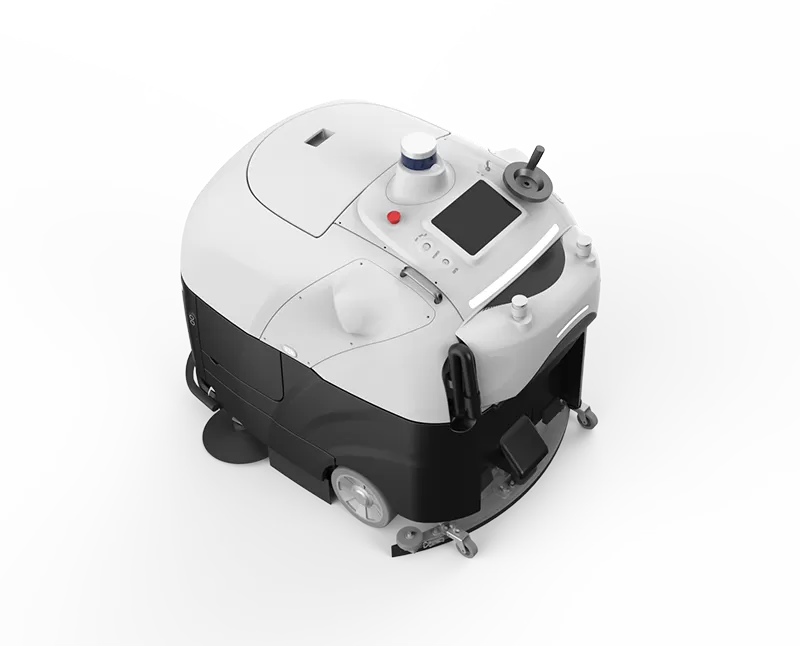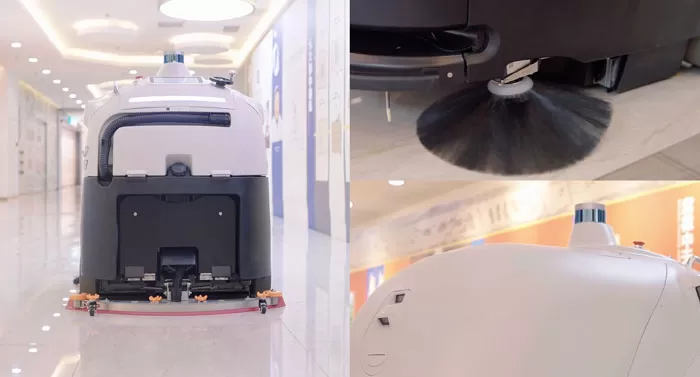2023.10.16
In today's technologically advanced world, robots have become an integral part of various industries. From manufacturing to healthcare, robots are playing a pivotal role in transforming the way we live and work. In this article, we'll explore the numerous advantages that robots offer, shedding light on how they are enhancing our lives and businesses.

Robots, such as the VIGGO SC80 AUTONOMOUS FLOOR SCRUBBER, are designed to perform repetitive and labor-intensive tasks with precision and efficiency. These machines can tirelessly work round the clock, significantly increasing productivity and reducing operational costs for businesses.
One of the primary advantages of using robots is the improved safety they provide. Robots are capable of handling hazardous and dangerous tasks that are risky for humans. This not only protects workers from potential harm but also ensures the consistent execution of tasks without human error.
Robots excel in tasks that require precision and consistency. Whether it's assembling intricate components in manufacturing or performing delicate surgeries in healthcare, robots can carry out tasks with the utmost accuracy, which is often unattainable for humans.
Unlike human workers who require rest and downtime, robots can work continuously without breaks. This 24/7 availability ensures that businesses can operate around the clock, meeting high-demand requirements and increasing overall efficiency.
Investing in robotics can lead to significant cost savings over time. While the initial investment might be substantial, the long-term benefits in terms of increased productivity, reduced labor costs, and minimized errors make robots a cost-effective choice for businesses.
Modern robots are designed to be highly adaptable. With the right programming and tools, they can switch between various tasks, making them a versatile choice for industries that require flexibility in their operations.

A: Robots can be programmed to handle tasks like assembly, welding, and quality control in manufacturing, leading to increased efficiency and consistency.
A: While robots offer numerous advantages, they may not be suitable for tasks that require complex decision-making or a high degree of human interaction.
A: Industries like automotive manufacturing, healthcare, agriculture, and logistics have witnessed substantial benefits from incorporating robots into their operations.
In conclusion,robots are no longer the stuff of science fiction; they are a reality that is transforming the way we work and live. From improving efficiency and safety to enhancing precision and adaptability, the advantages of robots are undeniable. Embracing this technological evolution can lead to significant benefits for businesses and industries, ultimately contributing to a more productive and safer world.